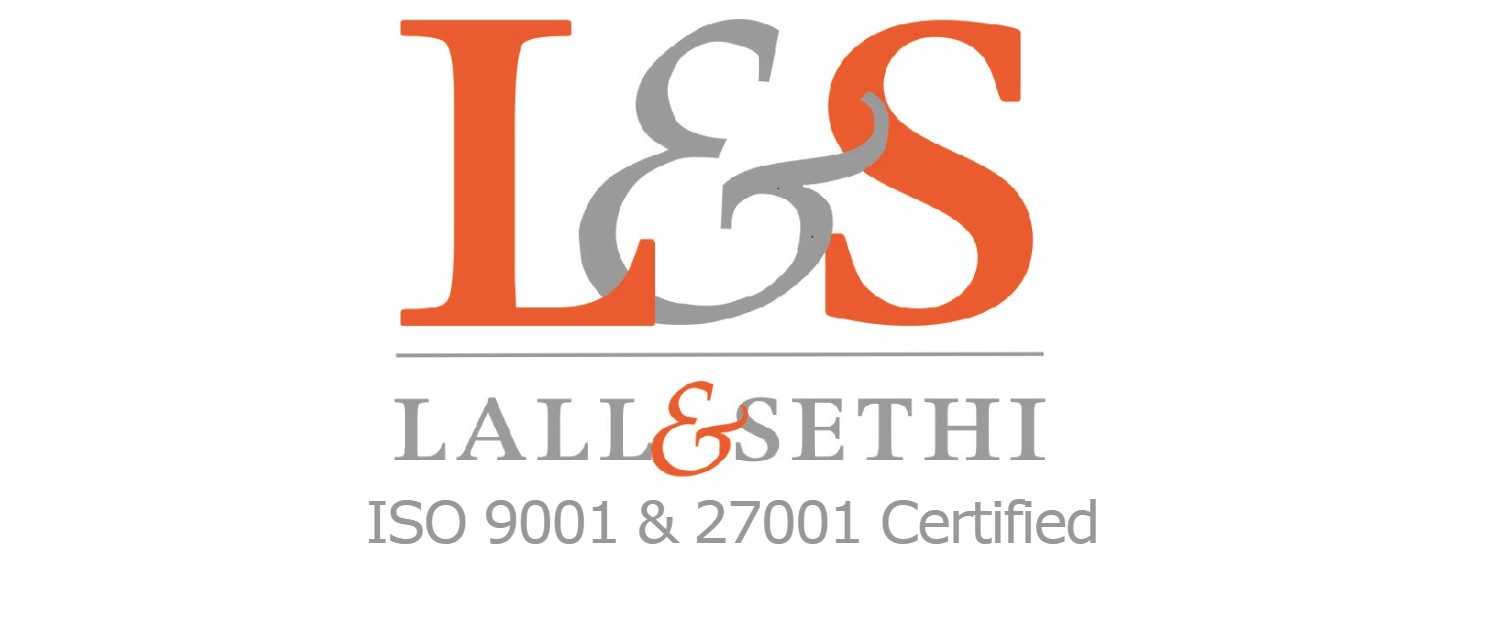FAQ
1. What is a mark?
A mark- trademark or service mark- is a visible sign that is capable of distinguishing the goods or services of different enterprises. A trademark relates to goods whereas a service mark relates to services. In addition, there are two more kind of marks – certification marks and collective marks. A certification mark is a mark which meets a defined standard of the goods or services as certified by the owner of the mark who licenses others to use it. A collective mark is a mark serving to distinguish the origin or any other common characteristic of goods or services of different enterprises which use the Mark under the control of the registered owner.2.What constitutes a mark?
A mark may consists of a word, a symbol, a device, letters, numerals, a name, surname or geographical name, a combination or arrangement of colors and shapes of goods or containers etc. The visible sign must always be capable of distinguishing the goods or services of different enterprises (it must be distinctive)3. Functions of a mark ?
It has several functions such as: (a) distinguishes the goods or services of its owner from those of others (b) indicates the source of the goods or services (c) individualizes the goods or services of the owner (d) enables the owner to reach the customers (e) helps the consumers to make the choice in the market etc.4. Registered and unregistered marks ?
A registered mark is a mark registered under the law and with National Intellectual Property office. You can use a mark even without registration. Unregistered marks can be protected under the unfair competition law or common law action for passing off.5.Why registered?
It is highly recommended that you register your mark. The registration of the make gives its owner exclusive right to use it, assign it and license it. You can enforce these rights easily and effectively through court- civil or criminal or both. You can retrain others from using your mark or a mark deceptively resembling your mark. You are even entitled to claim damages.6. Registrable marks
The marks which are not inadmissible under sections 103 and 104 of the Intellectual Property Act No: 36 of 2003 can be registered. A mark is inadmissible if it is, for example, descriptive of the goods or services concerned, if it is not capable of distinguishing your goods or services from those of others and if it is deceptively similar to the other registered or well known marks7. How to register?
Make the application using the Form M1. The processing of the application involves a number of work steps. The mark is examined to see whether it complies with formal requirements and whether it is not inadmissible under sections 103 and 104 of the Act. If the IP Office refuses it you can make submissions against the decision and ask for a hearing within one month from the refusal. If it is still refused you can challenge the decision in Court ( The Commercial High Court).
The mark is first accepted for the publication in the Gazette. A period of 3 months is given to the public for opposition after the publication. If there is any opposition the IP Office will send you a copy of it. You are required to forward your observations of the grounds of opposition. The IP Office will conduct an inquiry into the opposition with the participation of you and the opponent . After on the inquiry, your mark may be accepted or refused. If it is refused you can challenge the decision in Court. If it is accepted the registration will be effected upon the payment of the registration fee.( please refer to Part V of the Act and regulations made under that Act.)
8.Who can register?
Any person or body of persons corporate and unincorporated ( individual (s), company, partnership, association etc).
9. Fees
Please refer to the fee schedule.
10. Period of validity and renewal
The registration is valid for a period of 10 years from the date of application and is renewable on the payment of the fee for further periods of 10 years. For the fee please refer to the fee schedule.12. Trade names
A trade name is the name under which you do your bossiness- your name, partnership name etc. Your trade name can be protected under the IP Act. However, it can be registered as a mark only. Thus, it is advisable to register your trade name as a mark.13. Agents
here are registered agents who can undertake to attend to your application or the registered mark on your behalf and any other application such as patent and industrial designs.
